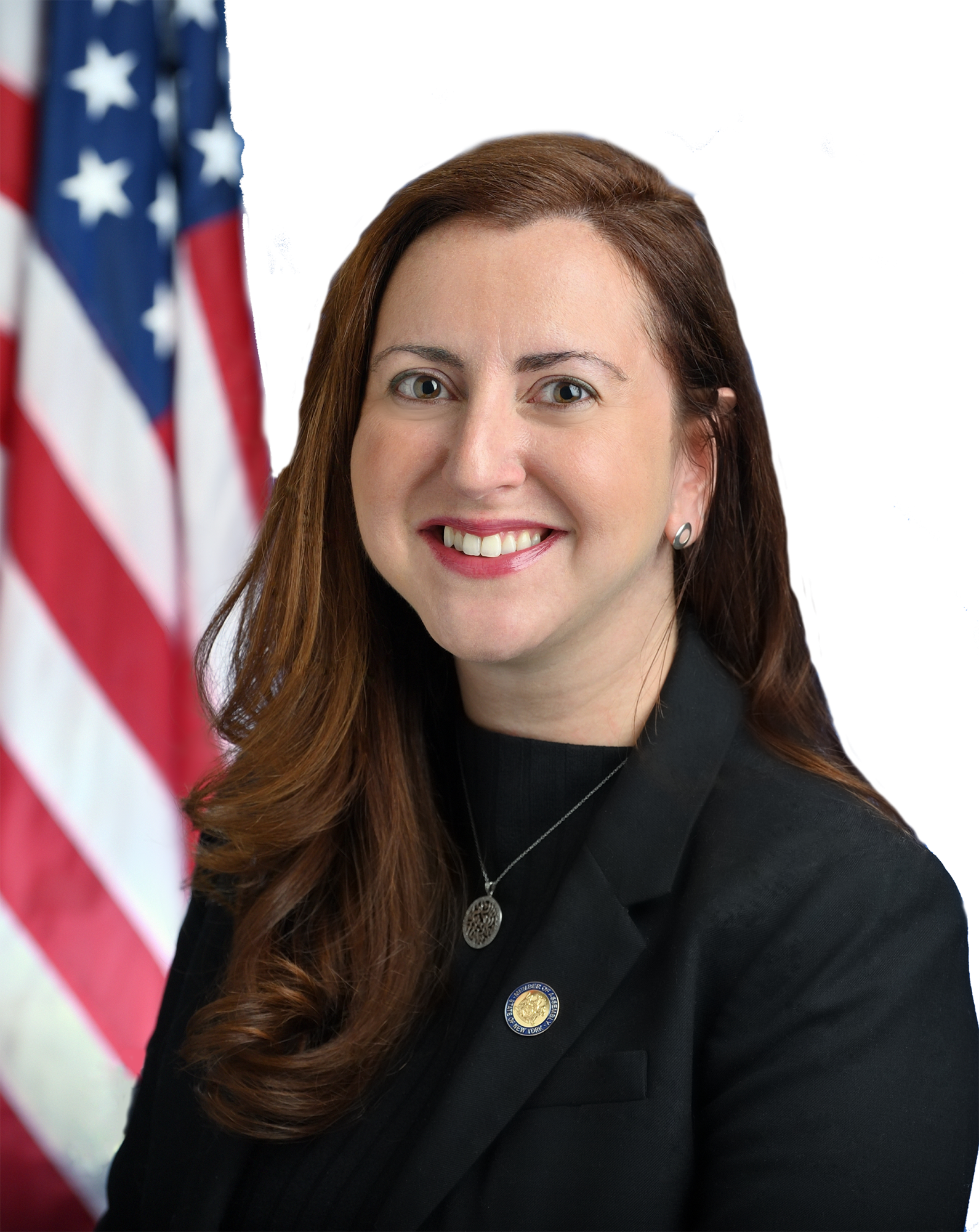Rozic: Assembly Budget Puts Families First
Budget increases education investment by $1.8 billion, takes steps to fund the Foundation Aid obligation, and expands access to higher education
Fixes problems with the STAR program, rejecting added hassles for seniors
Invests in quality, affordable health care to ensure access to needed care
Albany, NY – Assemblywoman Nily Rozic (D,WF-Fresh Meadows) announced this week that the Assembly’s proposed 2017-18 state budget preserves and protects programs that puts families first, including a total of $26.3 billion in education funding, changes to the state’s tax structure benefitting working and middle class families, and a $65 million appropriation for the Metropolitan Transit Authority (MTA).
“With a federal administration proposing cuts to programs and resources, now more than ever it is important that we are taking proactive measures as a state,” said Rozic. “The Assembly took a standing in crafting and passing a budget proposal that protects the middle class and helps lift up, not push down, those struggling to get by. We are a state that looks out for one another – our proposal reflects that and moves New York forward.”
Rozic says the Assembly’s 2017-18 $153.8 billion spending plan:
- Allocates $26.3 billion in school aid, an increase of $1.8 billion over last year, and rejects the Executive Branch’s repeal of the Foundation Aid formula, beginning a four-year phase-in of the state’s obligation to its neediest school districts;
- Promotes college affordability by increasing funding for opportunity programs, expanding the Tuition Assistance Program, and also including a new refundable credit for interest on student loans;
- Provides CUNY with $100 million in capital funding to help pay for new projects, allocates $6.5 million for community base aid, and restores $902,000 in funding for CUNY to Child Care Centers;
- Continues a gradual reduction in personal income taxes for middle income wage earners that began last year. When fully implemented, the tax reductions will benefit about six million New Yorkers;
- Fixes changes made last year to the state’s School Tax Relief (STAR) program so that all eligible homeowners receive deserved tax relief upfront as a reduction in their school tax bill. The budget also rejects the Executive Budget’s proposed changes to the Enhanced STAR program that would require eligible seniors for STAR register with the state and participate in the Income Verification Program. Currently, seniors are able to register with their local assessor ore register when they file their income tax returns – a process that is far easier;
- Provides $1 million for Naturally Occurring Retirement Communities (NORCs) and $1 million for Neighborhood Naturally Occurring Retirement Communities (NNORCs), which help keep seniors in the homes and neighborhoods where they have lived much of their lives;
- Restores $78.8 million to Medicaid programs and $37.6 million in public health programs targeted in the Executive Budget proposal for consolidation. The Assembly budget proposal allocates $14.6 million to the Essential Plan, an affordable health plan for low-income individuals and families, rejecting premium and co-pay increases;
- Invests $700 million in capital funding for the state’s health care and community-based providers, and includes over $79 million to combat heroin and opioid addiction in our communities;
- An additional $50 million in Consolidated Highway Improvement Programs (CHIPs) funds to help communities keep their roads and bridges in good repair. The budget also includes allocations for the Pave NY Program, which helps municipalities to reconstruct local highways and roads;
- Rejects the Executive Budget proposal to reduce MTA funds by $65 million. The Assembly has opted to fund a $65 million capital appropriation to help the MTA run more efficiently for the millions of people who rely on it;
- Includes $350,000 to create the office of the Utility Consumer Advocate, to serve as an independent advocate and represent the interests of residential utility customers who have issues related to billing or service.
